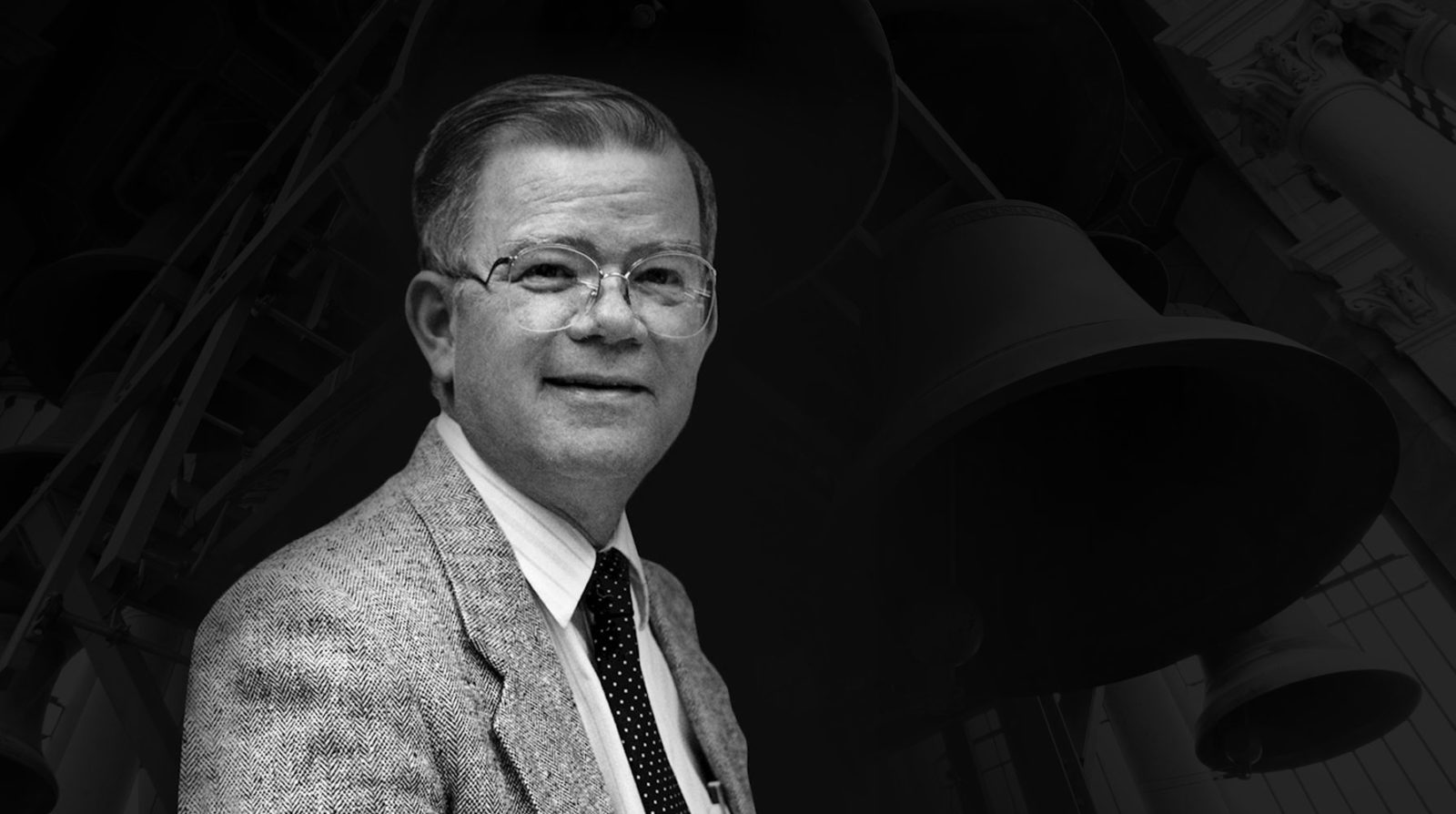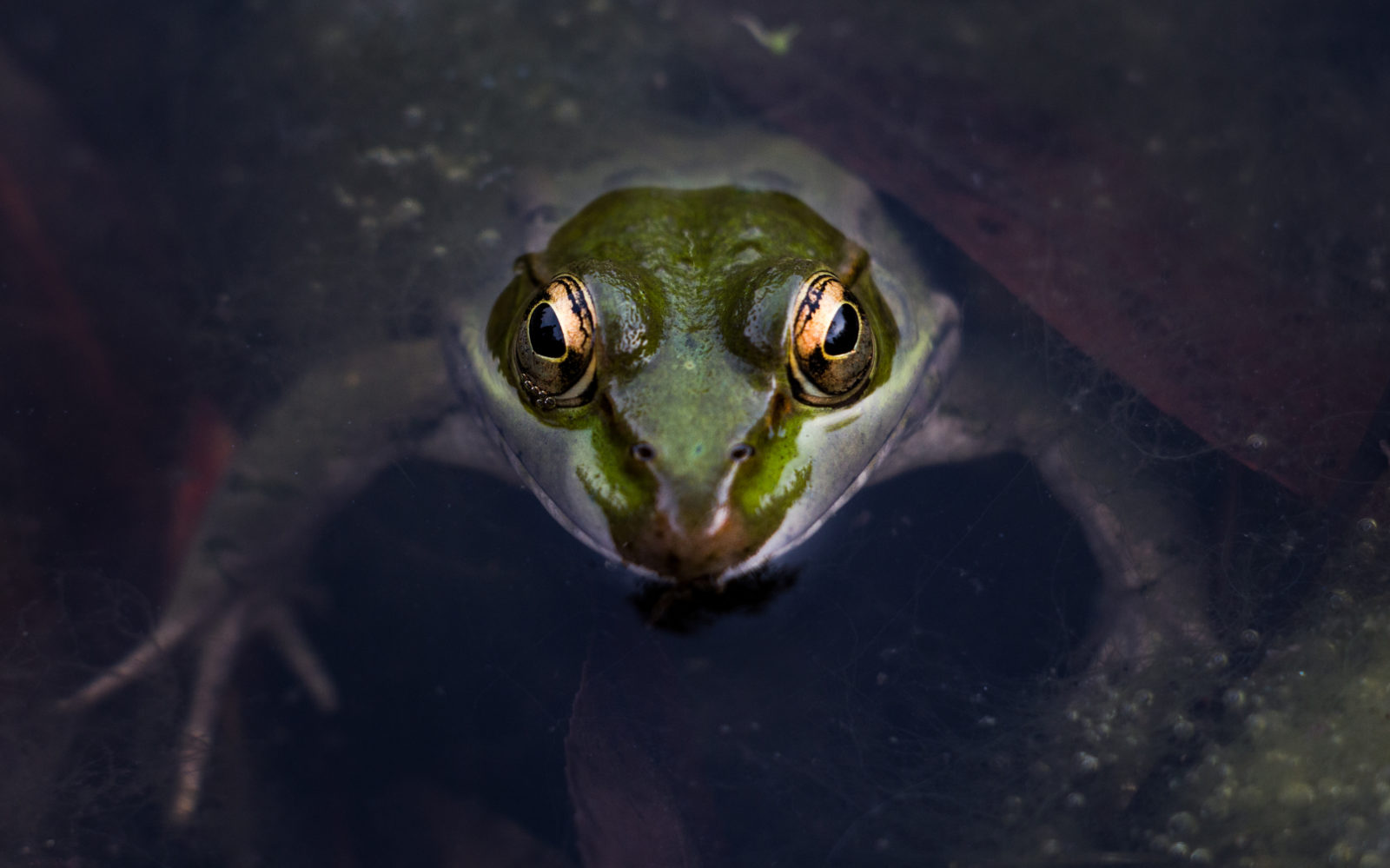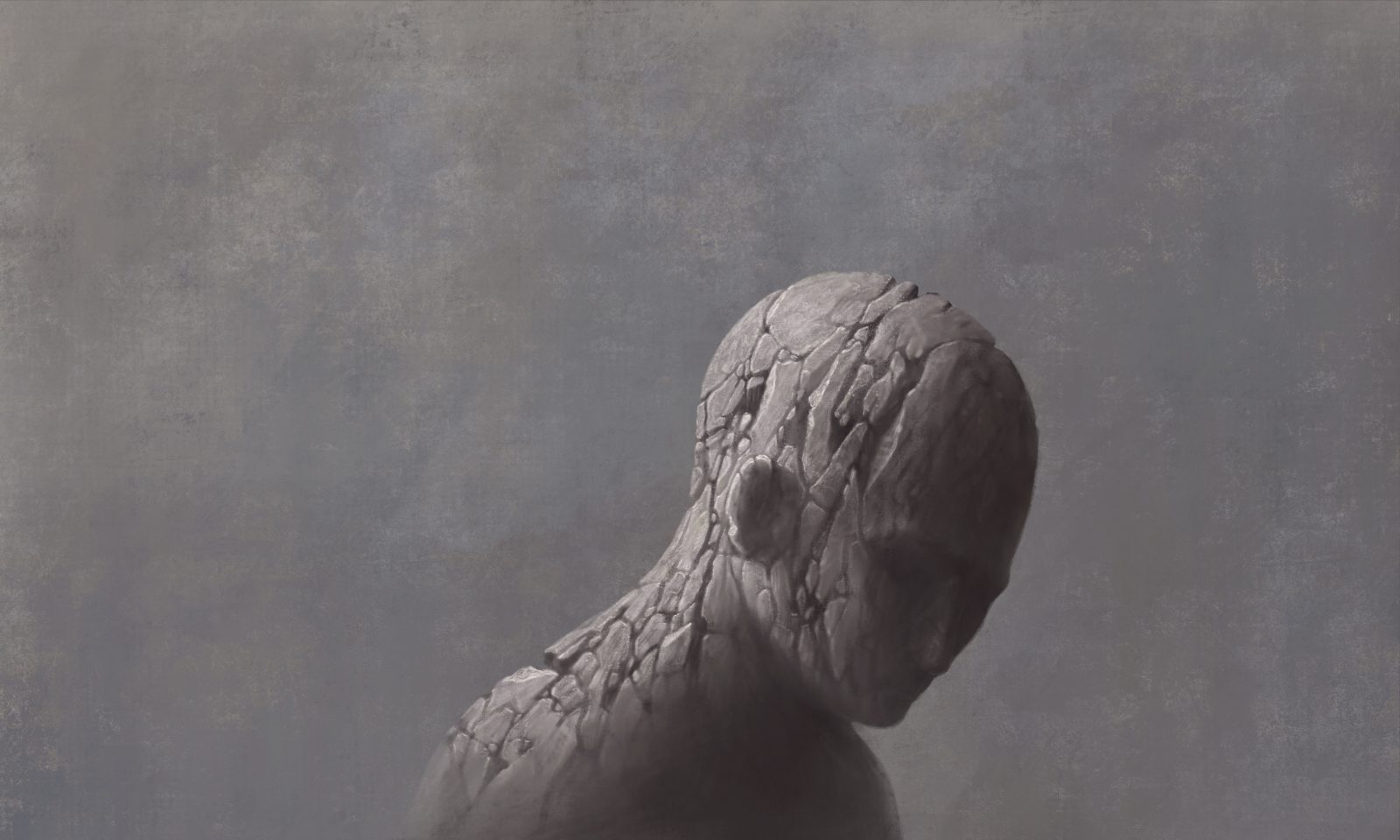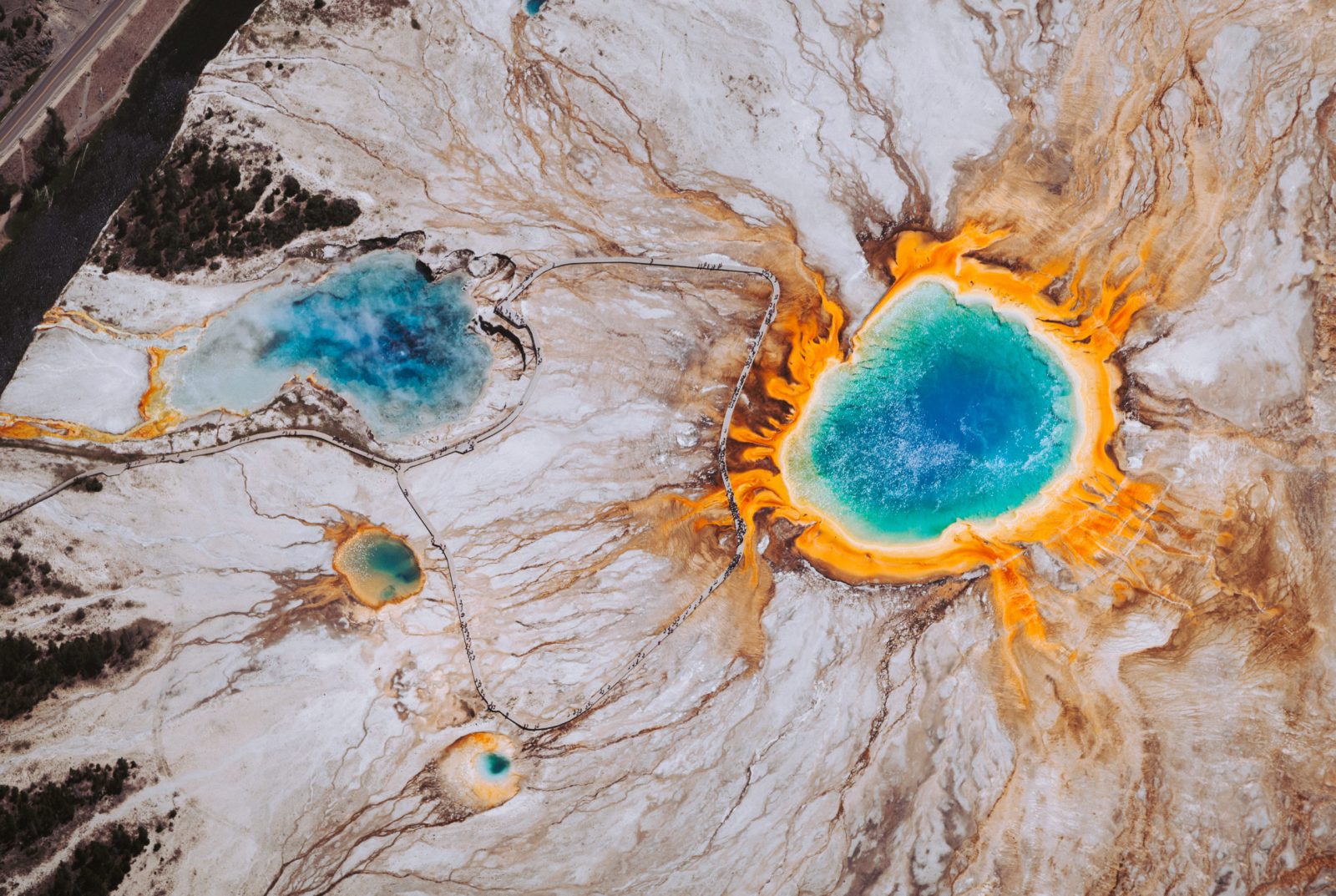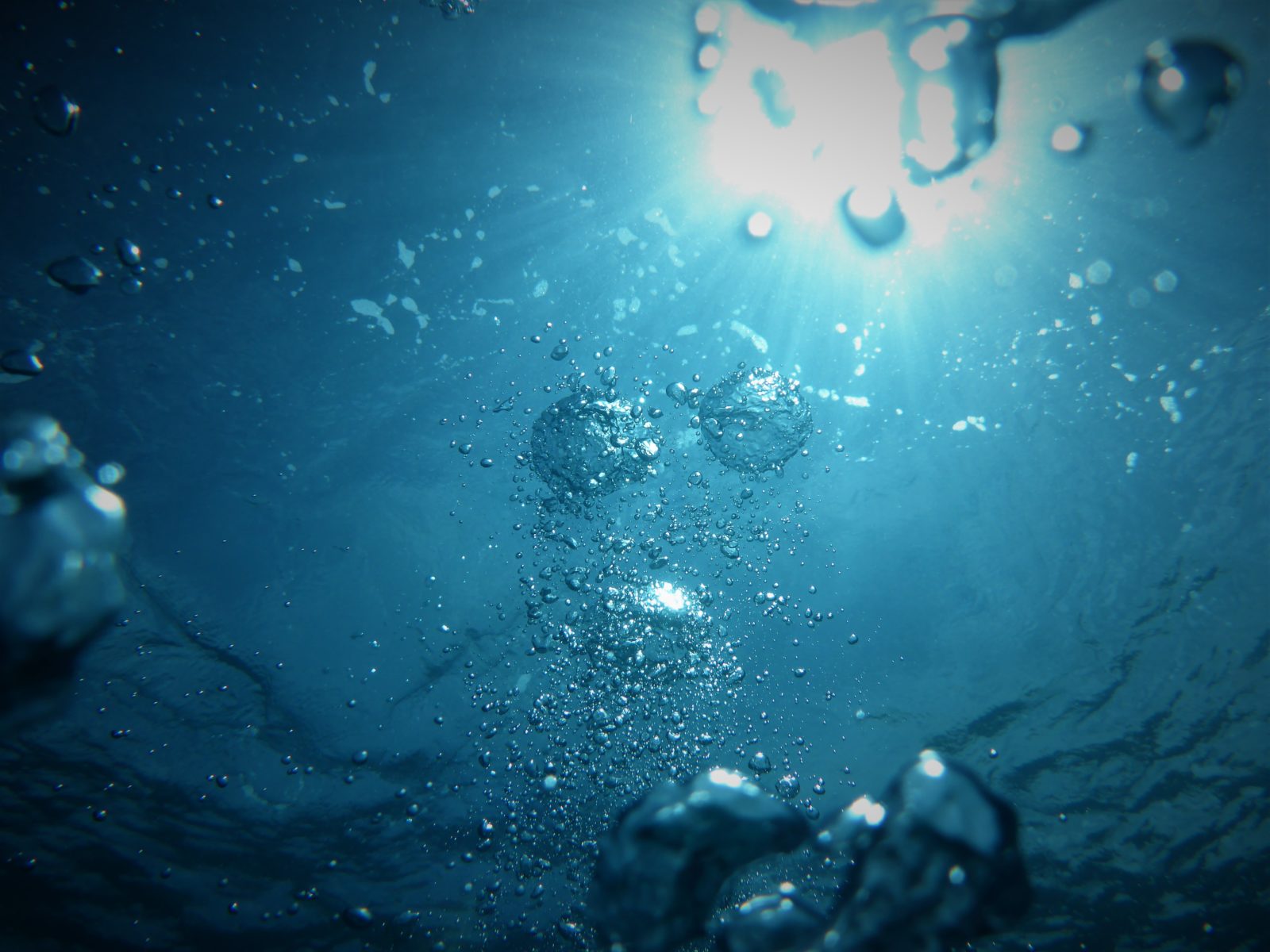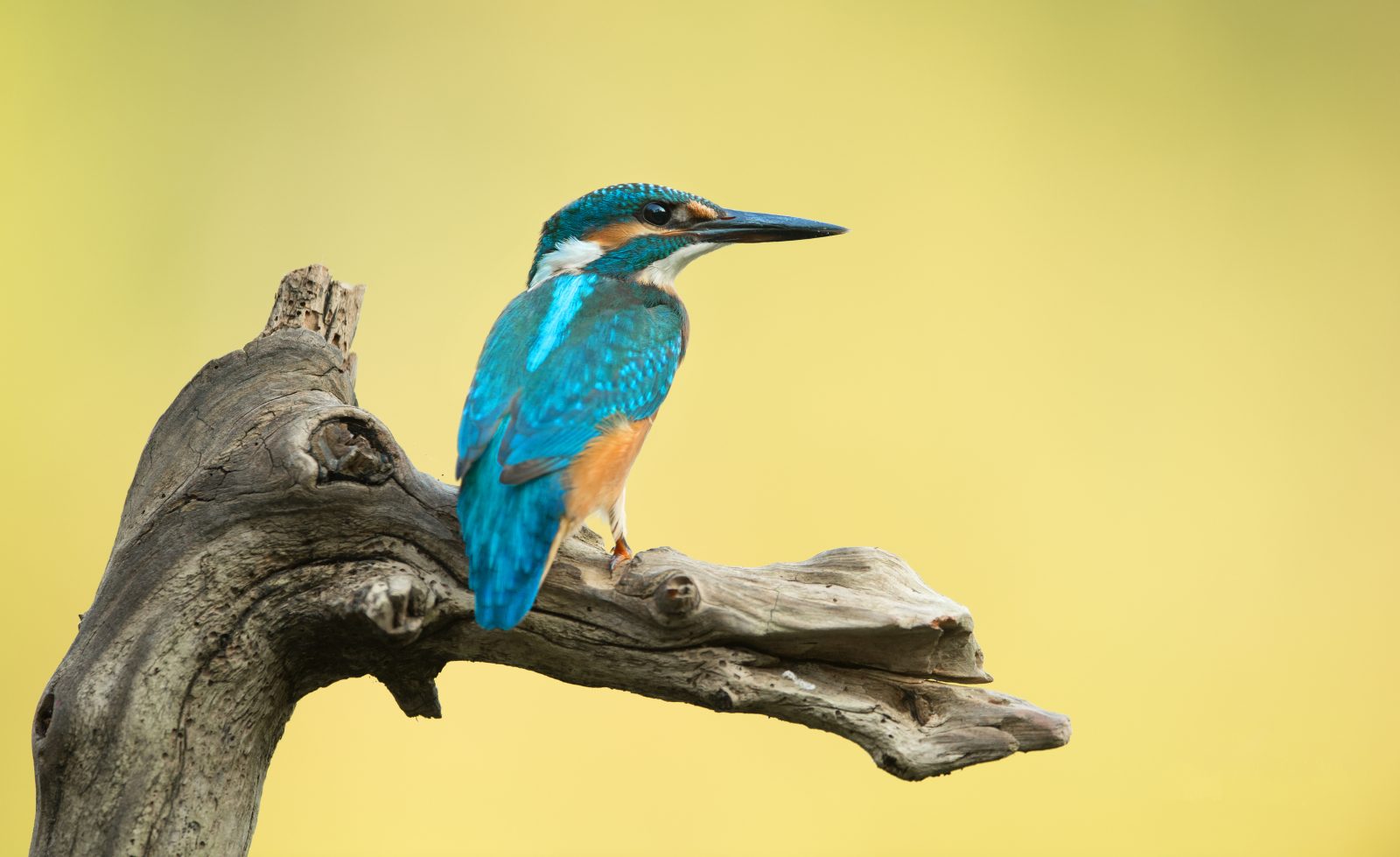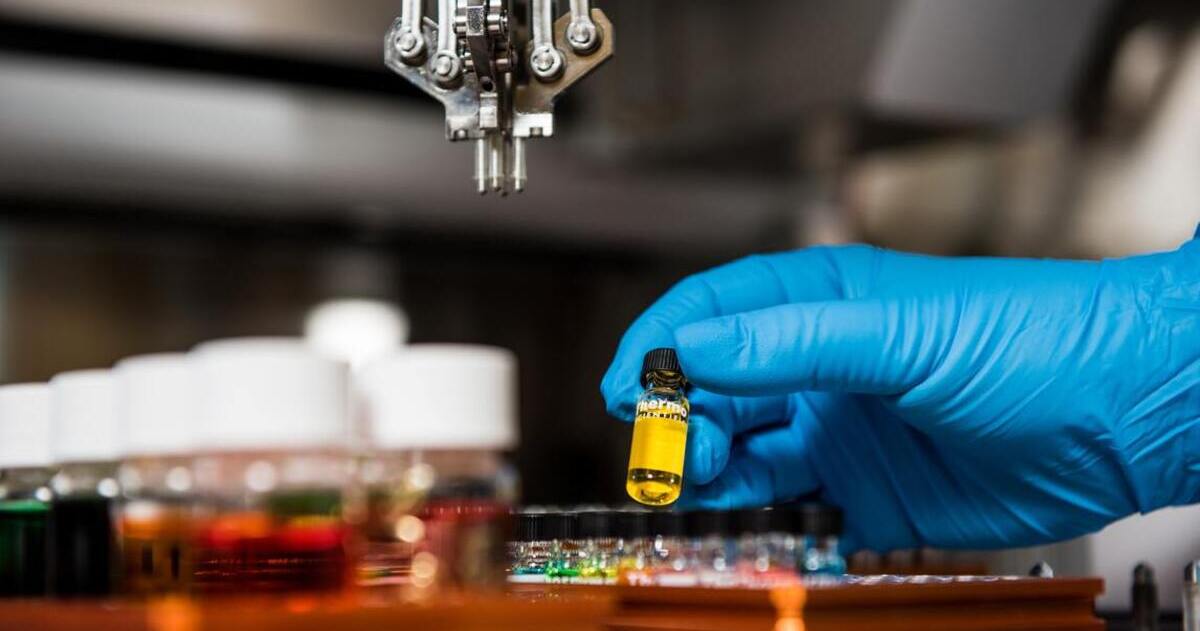
ID and the CSC Summer Seminar: Transformative
On this episode of ID the Future, host Emily Kurlinski interviews “Mary,” a PhD biochemistry student who tells about her experiences at the annual Center for Science and Culture’s summer seminar program in Seattle, and how her relationships there developed into a community of friendship, professional connection, and support. What about the charge that ID is a “curiosity killer,” tempting scientists to answer every natural mystery with a shrug and a “God did it”? Mary says ID had just the opposite effect on her. Her pro-design perspective actually led her to choose a career in research, and the conviction that nature is a meaningful and purposeful affair makes her more eager and optimistic about uncovering deeper layers of order and Read More ›
